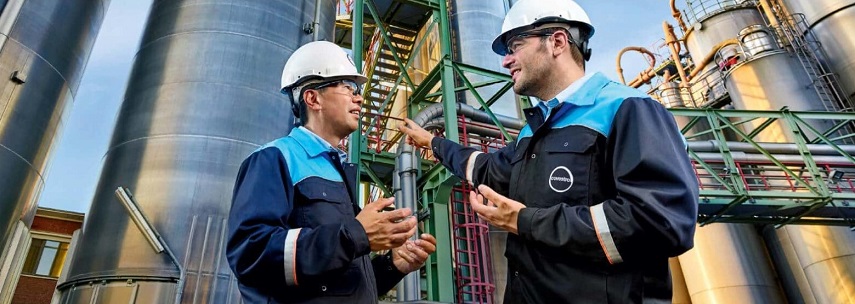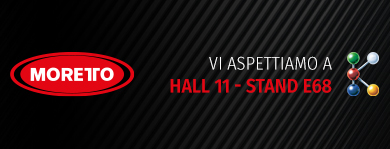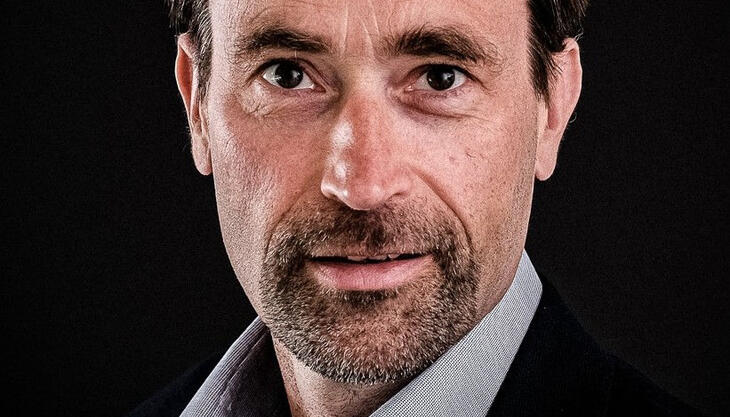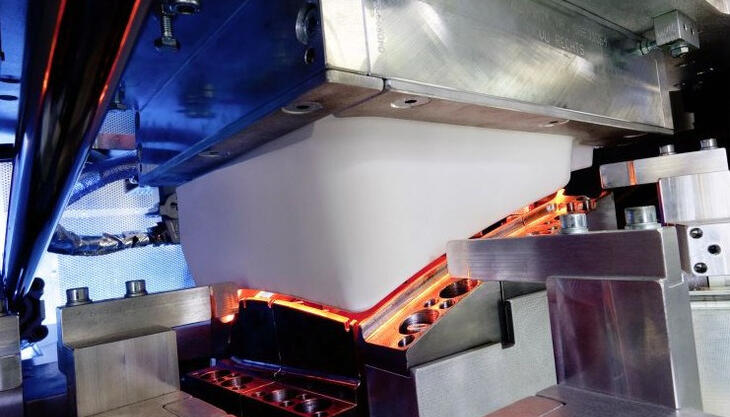
Covestro saw a strong end to an exceptional year in 2020 and benefited, especially in the second half, from its consistent crisis prevention measures and a recovery in demand. Despite the very successful fourth quarter, the Group could not fully compensate the massive, pandemic-related cut-backs that arose in the first six months.
In 2020, the Group's core volumes sold were down by 5.6% over the prior-year period. Group sales also declined, falling 13.7% year over year to approximately 10.7 billion euros. By implementing extensive cost-saving measures, Covestro was able to limit the year-over-year decline in Ebitda to 8.2%, finishing fiscal 2020 as forecasted at approximately 1.5 billion euros (previous year, approx. 1.6 billion euros). Net income reached 459 million euros (-16.8%), while free operating cash flow (FOCF) increased to 530 million euros (+12.1%).
Earlier in 2020, Covestro announced to become fully circular. To fulfill this long-term vision and embed circularity into all areas of its business activities, the Group decided to focus on four topics: alternative raw materials, innovative recycling, joint solutions, and renewable energies.
To position itself more robustly in the wake of the coronavirus pandemic and secure liquidity reserves, Covestro implemented numerous additional cost saving measures last year. As a result, the Group saved a total of 360 million euros in the short term. The efficiency program “Perspective” launched in 2018 also contributed 130 million euros in savings in fiscal 2020 and was wrapped up at year end as announced.
Covestro also pursued various types of financing measures in 2020. In doing so, the Group has aligned its financial instruments with its sustainability performance wherever possible to underscore its commitment to greater sustainability. The syndicated credit facility of 2.5 billion euros, signed in March 2020, was linked with an Environment, Social, Governance (ESG) rating, for instance. The better Covestro’s ESG performance is, the lower the interest component of the credit facility will be.
The polyurethanes segment saw core volumes sold decline by 6.1% in fiscal year 2020. Following a drop in demand in the first half of the year due to the coronavirus pandemic, a significant improvement in demand and an advantageous competitive situation in the second half of the year led to an increase in core volumes sold. Sales were down by 13.1% to 5 billion euros for the full year, mainly due to a lower level of average selling prices for the year and the decline in total volumes sold. Ebitda fell by 3.5% to 625 million euros, also on account of the decrease in volumes sold. However, a lower cost level resulting from cost-saving measures had a positive effect on Ebitda.
The polycarbonates segment saw core volumes sold drop by 3% in fiscal 2020. The pandemic caused demand to dry up in the first six months. In the second half of the year, however, a robust recovery in demand pushed core volumes sold over the prior-year level. Sales were down by 14.1% to 3 billion euros, mainly due to a lower level of selling prices and the decline in total volumes sold. In contrast, Ebitda improved by 3.2% to 553 million euros, a trend primarily attributable to lower raw material prices and lower costs as a result of cost-saving measures.
The coatings, adhesives, specialties segment's core volumes sold declined by 8.9% in fiscal 2020. In the first six months of fiscal 2020, core volumes sold were down largely because of the sharp drop in demand due to the coronavirus pandemic. By the end of the year, demand had recovered and core volumes sold in the fourth quarter of the 2020 fiscal year exceeded those of the prior year. Sales for the full year slid 13.9% to 2 billion euros, mostly because of the decline in total volumes sold and lower average selling prices. Ebitda dropped by 27.3% to 341 million euros. This was due to a decrease in volumes sold, lower margins and expenses for the planned acquisition of the RFM business. However, a lower cost level resulting from cost-saving measures had a positive impact on earnings. In addition Ebitda in the prior-year period was positively impacted by a one-time effect from the step acquisition of shares of Japan-based DIC Covestro Polymer.
Core volumes sold in the fourth quarter of 2020 rose by 1.7% over the prior-year period. Group sales therefore increased by 5.0% to 3 billion euros as a result of higher selling prices. At 637 million euros, Ebitda in the fourth quarter of 2020 more than doubled from the figure in the previous year. Net income climbed sharply from 37 million euros in the prior-year quarter to 312 euros million. FOCF also increased in the fourth quarter, by 19.4% to 394 million euros.

























